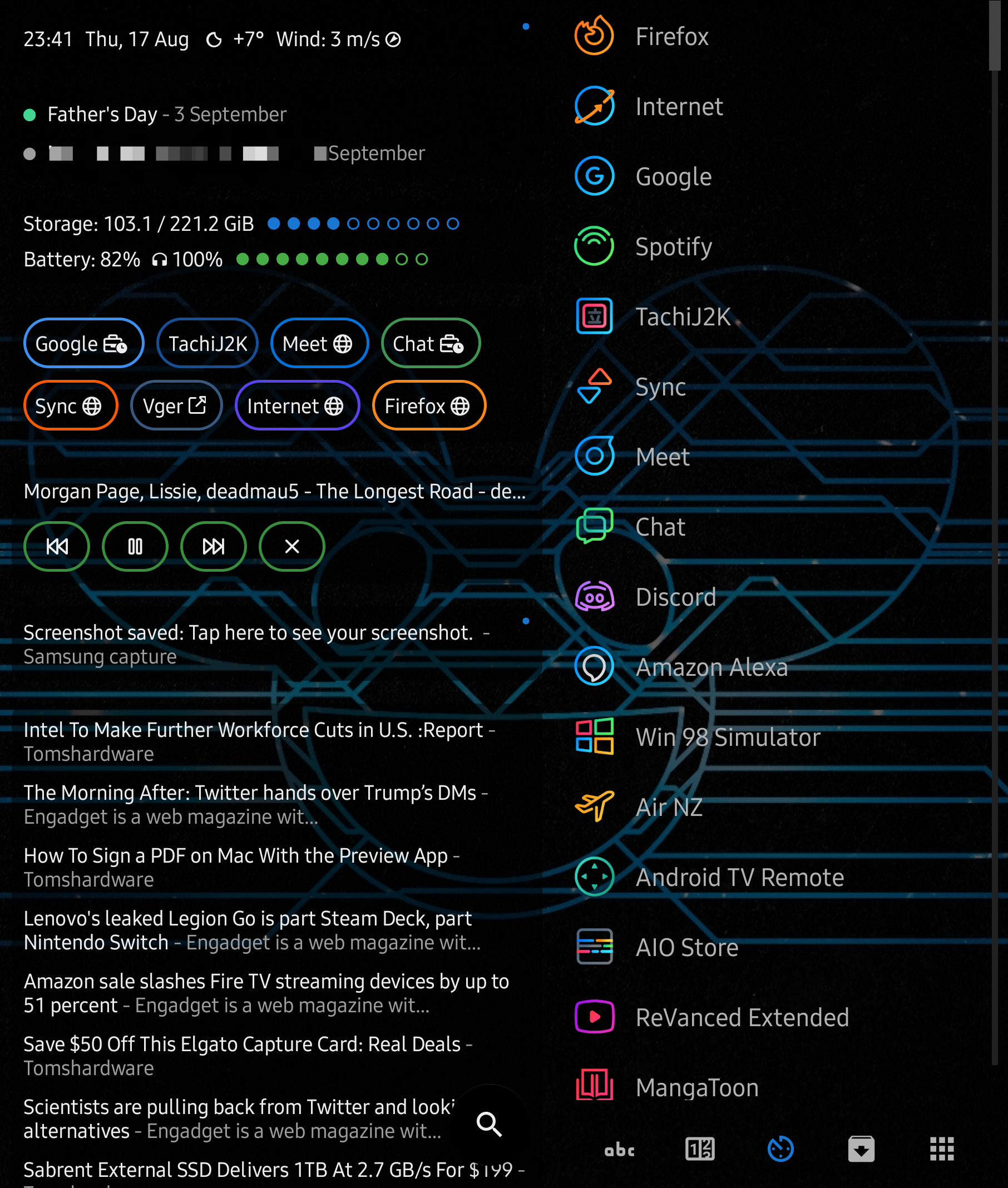Is the opensource movement in NZ still alive? Where have all the FOSS groups disappeared off to?
Back in the day, there used to be so many meetups for all the Linux User Groups, like AuckLUG, WellyLUG etc. We did show-and-tells, met cool folks, spoke about our favorite distros and projects. It was fun. It wasn't just limited to LUGs, we even had events like Software Freedom Day where we handed out Linux CDs, helped people with installation issues, discussed FOSS etc. It felt we were like a part of a community, doing meaningful things outside of our jobs, and helping each other out.
But then, all of it suddenly died. COVID could be one of the contributing factors as to why the meetups stopped, but the meetups disappeared well before COVID came into the picture (at least here in Welly). Even online resources, like the mailing lists (even the super helpful Waikato LUG) all got discontinued.
The last update on the NZOSS website was over an year ago, no posts on their Mastodon account either. I even participated in a new AU/NZ FOSS group called FLOUNDER - a name that I came up with and was proud of - but it too, went quiet. The plan was to have meetups every month, but then it went quiet for an year. Apparently they had a meeting last July, but I missed it because it went quiet (and there's no signs of another meeting).
I get that Linux is a lot more easier to use now than it was a decade ago, with many other online help resources, and that you're no longer considered a "hacker" if you use it, but still.. I miss the community, the sense of belonging and purpose that we had.
But it's not just the community, even the Linux job market seems to have dried up - there's barely any Linux vacancies out there. A decade ago, I became a Windows sysadmin due to lack of Linux jobs, but even a decade later, it's still hard to land a Linux job, when you don't have that senior-level enterprise Linux experience they're seeking, and unfortunately, all my previous roles were in Microsoft shops, with some token Linux appliance-type servers. With literally zero entry-level Linux jobs out there, how is one supposed to gain any mid-senior level enterprise Linux experience? Running a homelab isn't quite the same, and from what I've seen, no one really cares about certs. This is also why I miss IRL meetups, the chance to build those valuable connections is now gone.
It feels like New Zealand, as a whole, has sold it's soul to Microsoft, and it's very depressing.

As an actual M1+Asahi user and a gamer: Asahi is not there yet. Right now, if you're on macOS, Crossover (or Porting Kit) and/or Parallels is able to run more games and with better performance compared to Asahi (using krun + FEX). Also, Steam on macOS (non-native) is much more peformant compared to Asahi, where it's currently slow and glitchy.
But that will all change in the future once the Vulkan driver and TSO patches are ready. FEX is also seeing a lot of improvements, so by the end of the year, there's a good chance that gaming on Asahi would be much better than macOS.